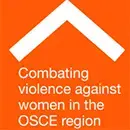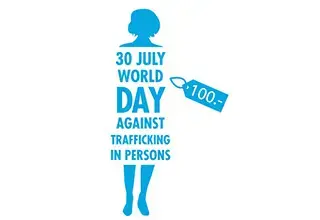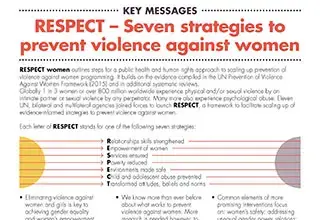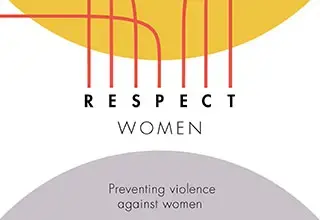More action and stronger commitments needed to prevent violence against women in OSCE region, international organizations and civil society say
On 21 September, the OSCE Gender Section, UN Women and UNFPA, the United Nations Population Fund, brought together experts, participating States and civil society to discuss and identify successful approaches to the prevention of violence against women at an event held on 21 September 2017 in Warsaw.
Despite strong international commitments, conventions and increased attention on the issue of gender-based violence, the reality is that women across the OSCE region are still subjected to violence every day.
Participants from across the OSCE region highlighted key issues, such as stigmatization for reporting on violence and abuse and the importance of education and economic independence of women. They also discussed the importance of involving men and boys and paying attention to vulnerable minority and marginalized groups such as migrants and refugees.
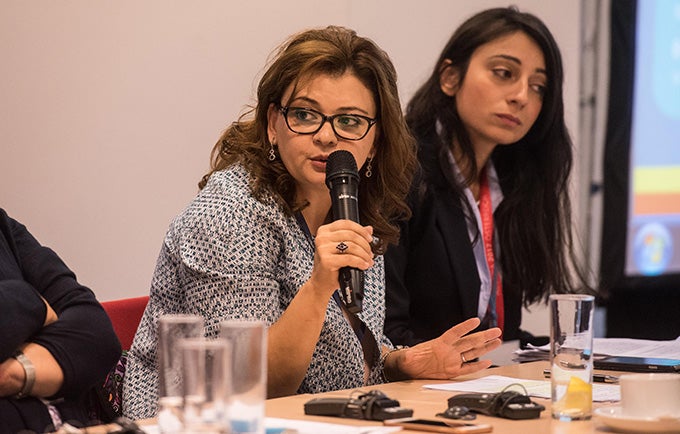
“Stereotyped social norms in our region perpetuate inequalities,” said Nigina Abaszadeh (pictured above), gender advisor for UNFPA’s Eastern Europe and Central Asia Regional Office. “But engaging fathers in caregiving helps challenge traditional gender roles.”
The side event, which was moderated by the Director of the Office of the OSCE Secretary General, Paul Bekkers, included panel presentations by the Chair of the Convention for the Elimination of all forms of Discrimination Against Women (CEDAW) Committee, Dalia Leinarte, and representatives of UN Women, UNFPA, the OSCE Office for Democratic Institutions and Human Rights and the European Women’s Lobby.
A key recommendation proposed by panel members and participants was calling on the OSCE participating States to take comprehensive measures to combat gender-based violence, in line with the CEDAW Convention and the new General Recommendation 35 of the CEDAW Committee, as well as the Council of Europe Istanbul Convention. Other recommendations addressed the need for additional knowledge and analysis to identify the root causes of gender-based violence. Strengthening the commitments on combating violence against women, promoting women’s inclusion in decision-making positions in the security sector, developing innovative prevention programmes and establishing strong protection mechanisms for women and girls were also recommended.
“Discrimination against women is the cause of violence against them and states have an obligation to take all measures needed to end discriminatory practices,” Leinarte said.

